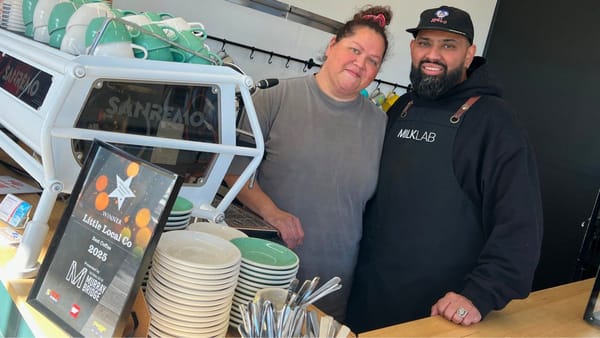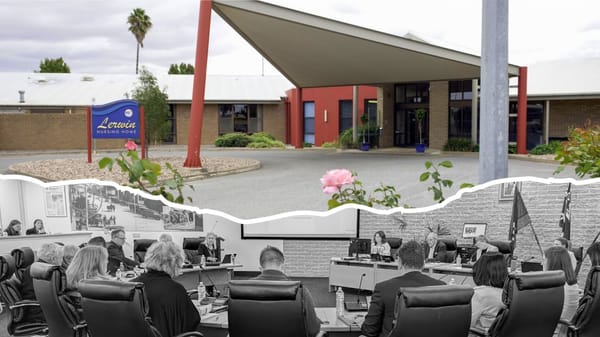Japanese encephalitis study needs SA blood donors
SA joins a national study designed to inform efforts to control JEV.

South Australians are wanted for a national study to determine the number of people who have been exposed to the Japanese encephalitis virus (JEV).
The National Centre for Immunisation Research and Surveillance (NCIRS) is running a national human JEV serosurveillance program.
A serosurvey is a survey of blood samples collected from the population to measure immunity due to past infections or vaccinations.
As part of the NCIRS program, a serosurvey will be delivered in key rural SA Pathology sites, including Murray Bridge, Mannum and Tailem Bend.
A targeted vaccination campaign has also been rolled out to eligible people who live and work in high-risk areas along the River Murray and Lower Lakes.
Health and Wellbeing Minister Chris Picton was impressed by the growing number of people in the region who had received the vaccine.
“More than 10,000 people who live or work in eligible postcodes in the Murray River, Lakes and Coorong communities have so far taken up the opportunity,” he said.
Japanese encephalitis is a serious disease caused by the mosquito-borne JEV, which was first detected in SA in early 2022.
Although most people infected with JEV experience either mild or no symptoms, around 1 in 250 will develop encephalitis or inflammation of the brain, which can cause premature damage to the nervous system or even death.
Nine cases of JEV have been detected in SA to date, and this study will help to establish the actual extent of JEV in the community.
Anyone interested in taking part in the survey can donate a small amount of blood and complete a short questionnaire about their exposure to animals, mosquitoes, JEV vaccinations and travel to countries where JEV is more common.
The blood sample will then be screened in Sydney to determine whether the person tested had been infected with the virus previously.
This SA study is expected to run until June 2023.
JEV vaccine roll-out expands in the Murraylands
Meanwhile, the Government announced on Wednesday that more people would become eligible to access the JEV vaccine.
The vaccine program now extends to people who have, or are expecting to have, their property flooded.
As flooding will affect around 3000 holiday homes along the Murray River, SA Health said that it is important to protect these people as they clean up their homes.
In addition, workers at agencies responding to the flood crisis who will spend four or more months working in the flood zones and be outdoors for four or more hours on most days are eligible for vaccination.
Importantly, all South Australians should take steps to avoid mosquito bites, as doing so is equally important as being vaccinated.
This is because mosquitoes also carry several viruses not covered by the vaccine, including Ross River virus, Murray Valley encephalitis virus and Barmah Forest virus.
People should cover up with light-coloured, long-sleeved, loose-fitting clothing; apply generous amounts of insect repellent; eliminate the water that mosquitoes breed in around the home; and ensure there are mosquito screens over doors and windows.
Landowners should have mosquito management activities in place, such as reducing stagnant water and using chemicals responsibly.
Symptoms of JEV to be aware of include confusion, headaches, tremors, drowsiness, neck stiffness and seizures.
- More information about JEV vaccination: www.sahealth.sa.gov.au/jevvaccine.
- More information about protecting yourself from mosquitoes: www.sahealth.sa.gov.au/fightthebite.
Your support helps Murray Bridge News tell important local stories – subscribe today.





